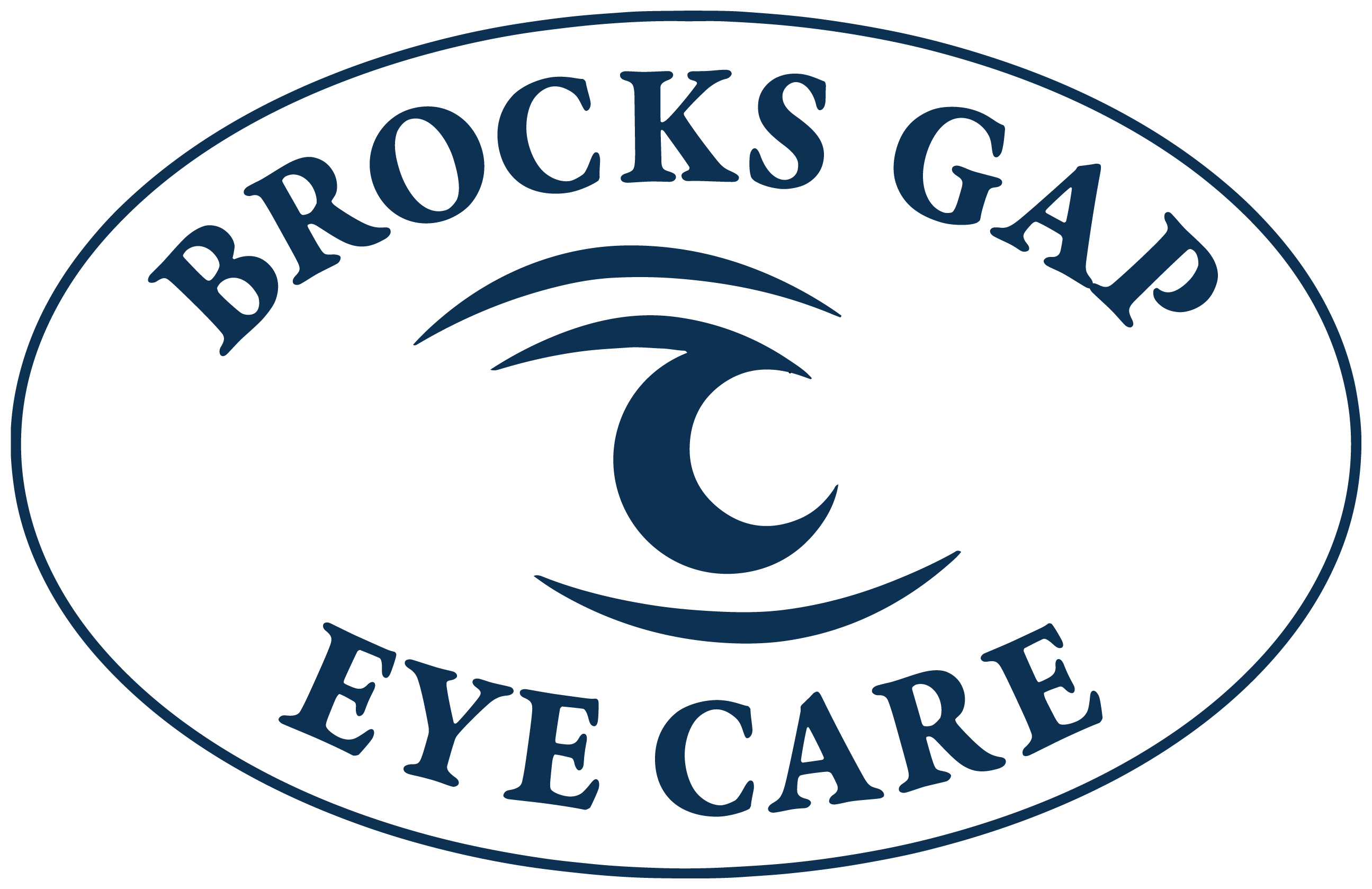Do Eye Drops Expire? A Comprehensive Guide
- tansley6
- Nov 30, 2024
- 2 min read
Yes, eye drops expire. The expiration date is there to ensure the medication’s effectiveness and safety. Over time, the active ingredients can degrade, reducing their efficacy and potentially leading to harmful effects if the drops become contaminated.

Why Do Eye Drops Expire?
Stability of Active Ingredients
Medications lose potency over time, which means they may not work as intended after the expiration date. For example, antibacterial eye drops may no longer effectively treat infections.
Preservatives Breakdown
Most eye drops, especially those in multi-dose bottles, contain preservatives to prevent microbial contamination. Over time, these preservatives lose their effectiveness, increasing the risk of bacterial or fungal growth.
Sterility Concerns
Eye drops come into contact with sensitive eye tissues. Using expired or contaminated drops can cause infections, irritation, or more severe complications.
Can You Use Expired Eye Drops?
While it might be tempting to use expired eye drops, especially if they “look fine,” it’s not recommended. Potential risks include:
Reduced Effectiveness: The drops may not provide the intended relief or treatment.
Infections: Contaminated drops can introduce harmful bacteria or fungi to the eye.
Adverse Reactions: Changes in the chemical composition may cause irritation or harm to the delicate tissues of the eye.
Storage Matters
To maximize the shelf life of your eye drops and maintain their effectiveness:
Store them in a cool, dry place away from direct sunlight.
Avoid exposing them to extreme temperatures.
Always ensure the cap is securely closed to prevent contamination.
How Long Are Eye Drops Safe After Opening?
Most eye drops are safe to use for a specific period after opening, usually indicated on the packaging. Common guidelines include:
Preservative-Containing Eye Drops: Generally safe for 28 days after opening.
Preservative-Free Eye Drops: Often come in single-use vials and should be discarded immediately after use to maintain sterility.

Tips for Proper Eye Drop Usage
Wash your hands before applying eye drops.
Avoid touching the dropper tip to your eye or any other surface.
Follow the instructions for proper dosage and storage.
Discard the bottle after the recommended time frame, even if it’s not empty.
FAQs About Eye Drop Expiration
Q: Can expired eye drops harm my eyes?Yes, expired drops can lead to irritation, ineffective treatment, or even infections if they are contaminated.
Q: How can I tell if my eye drops are no longer safe?Signs of unsafe eye drops include a cloudy appearance, changes in color, or an unusual smell. If in doubt, discard them.
Q: Why do preservative-free eye drops need to be discarded immediately after opening?Without preservatives, these drops are more prone to contamination, posing a higher risk of infection.
Q: Can refrigeration extend the shelf life of eye drops?While refrigeration can sometimes help preserve sterility, always follow the manufacturer’s storage guidelines. Improper storage may compromise the drops’ effectiveness.
Q: What should I do with expired eye drops?Dispose of them properly, as indicated on the packaging. Do not flush them down the toilet or pour them down the drain.
Final Thoughts
Eye drops are essential tools for eye care, but using them safely is crucial. Always check the expiration date, and discard drops that are past their prime or show signs of contamination. When in doubt, consult your eye doctor for guidance.
Taking these precautions will help you maintain healthy, irritation-free eyes

コメント